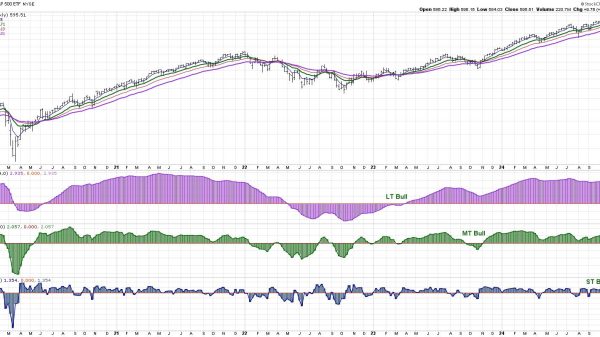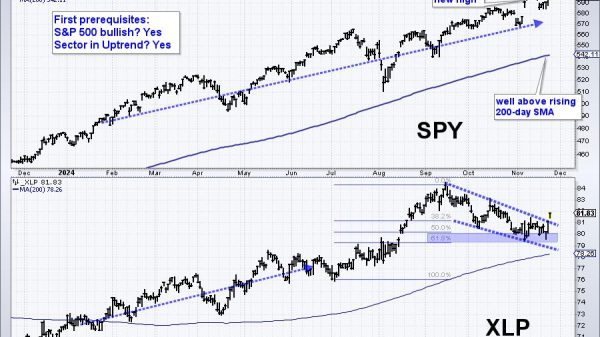DUBAI/RIYADH — Gulf states are pushing to stop a full-blown regional war after Iran’s unprecedented retaliatory strikes on Israel, sources in the region said, fearing new escalation could put them on front lines of a conflagration and ruin plans to reshape the region.
Saudi Arabia and the United Arab Emirates (UAE) in particular may be well placed to triangulate between Iran, Israel and the United States after diplomatic advances in recent years that benefited all those countries.
Allies of Washington, Gulf monarchies have sought to stabilise ties with Iran and Israel to resolve longstanding security concerns and allow them to focus on national projects.
The UAE and Bahrain signed a normalization deal with Israel in 2020 and Saudi Arabia was considering a similar agreement also involving a US defense pact until the Gaza war torpedoed diplomacy. Riyadh also buried the hatchet with Iran last year after years of feuding.
However, the policy of detente now faces its greatest ever threat as the risk to wider regional peace raised by Israel’s conflict with Iran-backed Hamas in Gaza since Oct. 7 comes to a head.
A direct war between Israel and Iran could swiftly expand to Gulf states whose air space lies between the pair, and which host several military bases of the United States, which has vowed to defend its ally Israel.
“Nobody wants an escalation. Everybody wants to contain the situation,” said a Gulf source close to government circles, adding that there was probably wide telephone diplomacy under way.
“The pressure is not on Iran alone. The pressure is now on Israel not to retaliate,” said the source, adding that the fallout of an Israeli attack on key Iranian sites “will affect all the region.”
Another Gulf source with knowledge of official thinking said Gulf states, Iraq and Jordan are pushing both Iran and Israel’s main backer the United States not to escalate. Washington was already pressing Israel to show restraint, both sources said.
At the same time, the United States was using Gulf countries to convey messages to Iran not to escalate any further, the source with knowledge of official thinking added.
“It is clear that America is using Gulf Arab allies to convey messages between Iran and the Americans. Saudi Arabia is maintaining contacts with Iran and there is an understanding to contain things,” the source said.
Reuters has requested comment from both Saudi Arabia and the UAE on how they are handling the crisis.
Still, both the sources as well as analysts in the Gulf believed the most dangerous moment may have passed.
“The Iranians took their shot,” said Abdulaziz al-Sager, head of the Gulf Research Centre close to government circles, indicating that for Tehran, the escalatory phase was over, and adding that Washington did not want an escalation from Israel.
RISKS
There have been many recent reminders of Gulf states’ vulnerability.
Iran on Saturday seized a cargo ship in the Strait of Hormuz, the narrow stretch of water through which most Gulf energy exports pass, and has threatened to close shipping lanes there entirely.
Meanwhile Yemen’s Iran-backed Houthi group, against which Saudi Arabia was fighting for years until moving towards a peace deal in December, has repeatedly attacked shipping and deployed drones towards Israel skirting Saudi airspace in recent months.
The Houthis had several times attacked key Saudi Arabian energy facilities in recent years before the peace talks gained momentum last year and retain the capacity to do so again.
In 2019 they hit key facilities in Saudi Arabia that process the vast majority of the country’s crude output and in 2022 they attacked three oil tanker trucks in the UAE.
“A conflagration will see the price of oil shooting up. The traffic of oil will be affected,” the source said, describing likely outcomes of a wider regional war.
De facto Saudi ruler Crown Prince Mohammed bin Salman has for years tried to focus on his ambitious vision to develop mega projects in the kingdom free from geopolitical distractions.
Saudi economic ambitions were at the heart of Riyadh’s push for detente with Iran, but the kingdom was also very concerned about security, said Saudi analyst Aziz Algashian.
“It’s not just about the projects in our prosperous region… It doesn’t want to be caught in the crossfire between Israel, Iran and the United States,” he said.
The war in Gaza had already put policies of entente under strain.
The United Arab Emirates and Bahrain made peace with Israel in 2020 through the so-called ‘Abraham accords’ and Saudi Arabia was considering following suit in return for US security commitments.
Meanwhile, Saudi Arabia and Iran last year put aside decades of destructive feuding that had fuelled conflicts around the region with a deal to restore diplomatic ties and avoid harming each other’s interests.
But the devastation in Gaza has derailed further moves towards peace with Israel, and Iran’s backing of regional Shi’ite Muslim allies that have targeted US bases in Iraq and elsewhere has raised concerns in the Gulf.
The fact that detente might allow Gulf states to bring down regional tensions was probably regarded in Riyadh and Abu Dhabi as confirmation their policy was working, Algashian said.
“If there wasn’t Saudi-Iranian normalization and rapprochement, Saudi Arabia would be far more anxious right now,” he said. — Reuters























